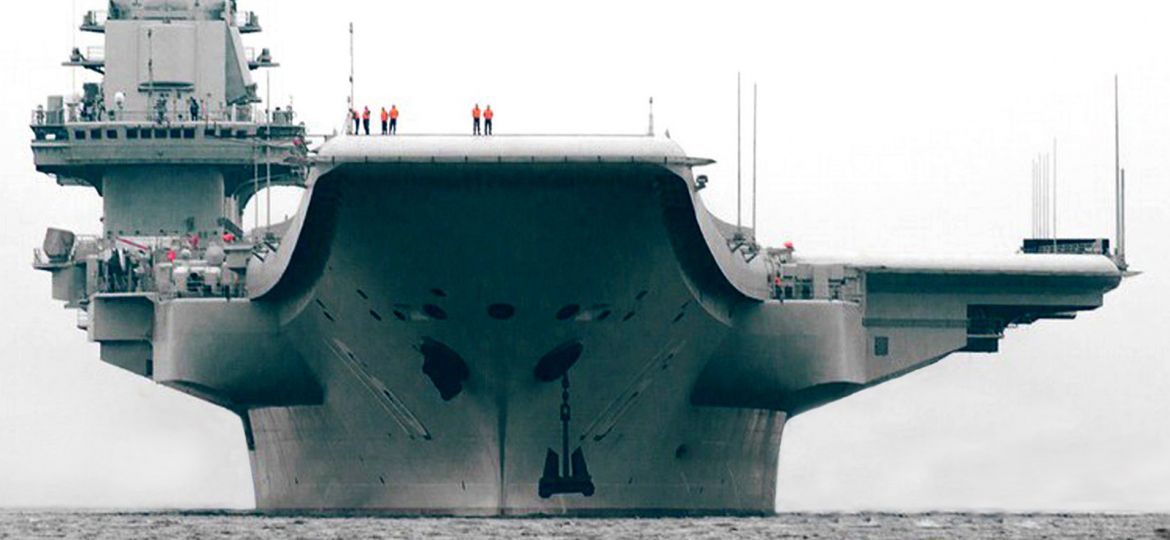
WHY THIS MATTERS IN BRIEF
- The increasing use of intelligent, autonomous systems is getting people spooked, so much so that the UN are getting involved
It’s the start of 2017 and I knew there was a void – something I couldn’t quite put my finger on, but something I knew the world needed. Yes – forget healing and helping people, let’s strap artificial intelligence (AI) into a new cruise missile. Learn to live in harmony people! Fortunately though the UN will be debating the use of AI and autonomous “robo-weapons” this year so stay tuned.
This week China, which it has to be said probably isn’t alone in this endeavour, has announced that it is “eyeing” the use of a high level AI and automation for its next generation of cruise missiles. And it’s very hard not to see why they won’t end up building these systems, particularly when you look at their track record of investments and developments.
“We plan to adopt a ‘plug and play’ approach in the development of our new cruise missiles, which will enable our military commanders to tailor-make missiles in accordance with combat conditions,” said Wang Changqing of the China Aerospace Science and Industry Corporation told the state-run China Daily newspaper.
“Moreover, our future cruise missiles will have a very high level of artificial intelligence and automation,” he added, “they will allow commanders to control them in real time manner, or to use a fire-and-forget mode, or even to add more tasks to missiles that are in flight.”
China is already a global leader in the field of using artificial intelligence in missiles, Wang added, without elaborating and it’s no secret that Chinese President Xi Jinping is overseeing an ambitious military modernization program that includes everything from stealthy, hypersonic weaponry, including hypersonic submarines, to aircraft carriers and quantum radar systems which would make America’s own stealth programs obsolete overnight.
It’s therefore no surprise that the news has rattled China’s neighbours, several of whom are engaged in territorial disputes with it, particularly around China’s aggressive military expansion in the South China sea, and back at home the US is also wary of China’s growing assertiveness.
China says it has no hostile intent and that it needs a modern military to protect its legitimate security needs as the world’s second-largest economy and it’s clear that they have attached particular importance to missile development, including testing anti-missile missiles and anti-satellite missiles so this is simply the latest in a long line of announcements still to come.
















